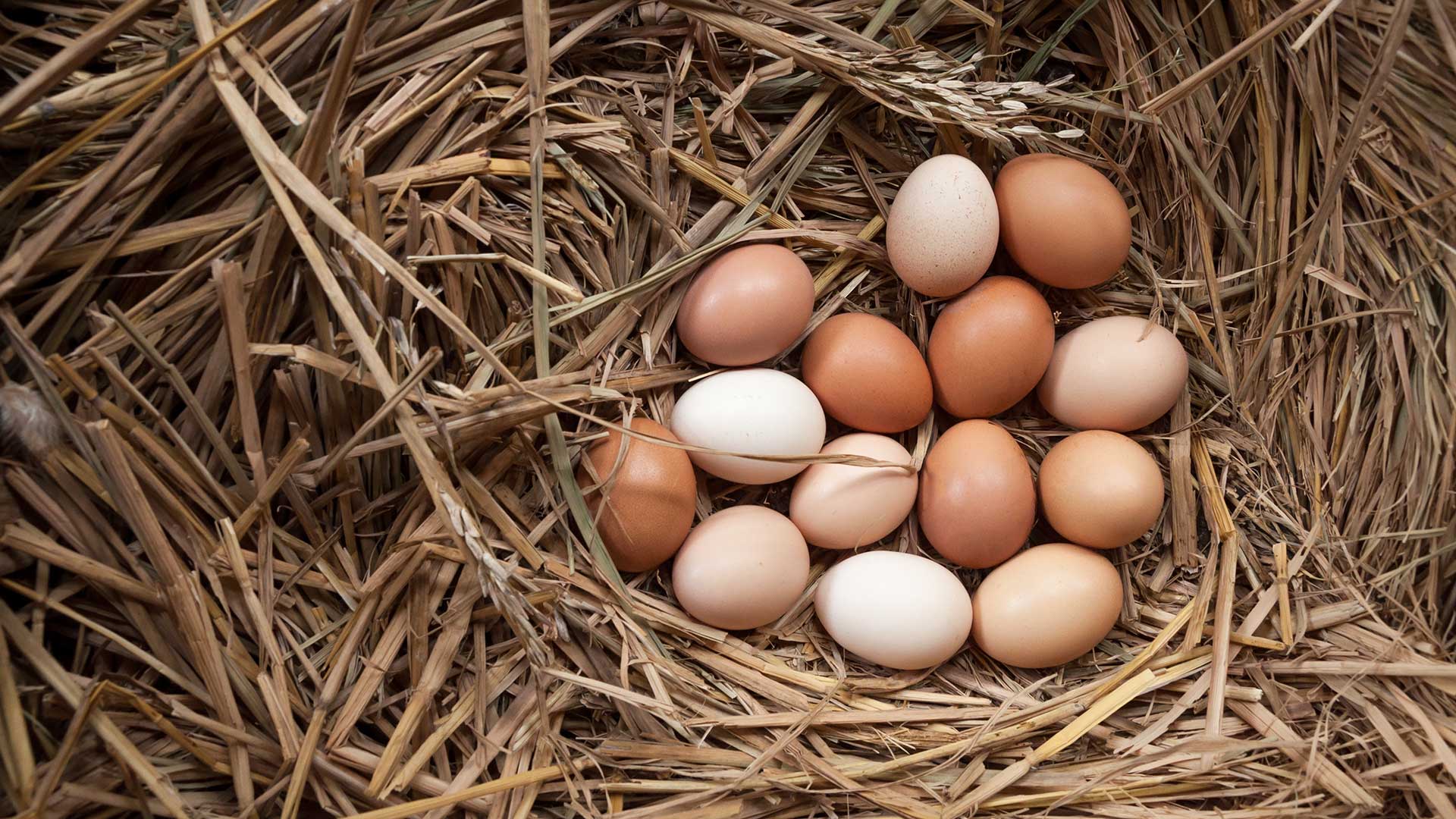Multinational corporations are still relying on antiquated methods to distribute their dividend payments. Old habits die hard and eradicating cheques means that a complex ecosystem of parties all need to get involved.

Of the worst phrases in the English language, “The cheque is in the post” would have to be one of them. Although cheques have almost been phased out in the consumer world, they still live on when it comes to corporates making their dividend payments. But changing such a process requires navigating –and negotiating -– with the various parties in a complex post-trade industry.
Paul Vos, Senior Manager of Treasury and Corporate Finance at Royal Dutch Shell plc, has taken on such a challenge and pushed for the multinational corporation to end dividend payments by cheque. It was complicated: “Each element in itself was not rocket science,” he says. “Getting the entire ecosystem on board and moving that forward – that was the challenge,” he tells Treasury Today.
Many equity capital markets around the world have fully dematerialised – where paper certificates have been replaced with electronic record keeping – such as Australia, South Africa and all European countries. The UK, however, is a rare exception. Although many dividend payments are distributed via the CREST system (run by central securities depositary Euroclear UK and Ireland), cheque payments still persist. “In the UK, there is a tail end of shareholders who are holding their shares in certificated form – it is tiny in value but sizeable in number,” says Vos. “Furthermore, there is another, even thinner tail of private individuals holding their shares directly in CREST causing a similar challenge.”
The industry has been caught in something of a chicken and egg problem. Everyone agrees in principle that distribution of all dividend payments through CREST is the way forward, but typically no one wants the burden of moving first. This reminds Vos of a Dutch expression of preferring to be lazy rather than tired. “It is human nature,” he comments.
Some custodians, for example, may agree that payments through CREST are preferable, but may only make the switch when all issuers pay this way. Meanwhile, issuers’ registrars would prefer to pay exclusively through CREST too, but they might be reluctant to change until all shareholders can be paid this way.
Shell, however, took the initiative and stopped paying its dividend payments by cheque. “By laying this egg we hope the chickens will follow,” Vos jokes.
As one of the largest dividend payers in Europe – paying out approximately US$1.2bn per quarter in over 600,000 individual payments – making such a change will likely have a knock-on effect for the rest of the industry.
The benefits are numerous; for treasurers there are no longer the inefficiencies, costs and risks associated with cheques. Envelopes and stamps are no longer needed, and there is no longer the guessing game of when – or if – cheques will actually be paid in. Also, corporates, because of the cheques, have been prefunding the dividend distribution few days in advance – huge sums that are missing out on interest and create sizable credit risk exposures. For a company like Shell, ending cheques can save millions.
The custodians don’t like cheques either. For them, the process may mean that all the dividend cheques have to be sent to the official registered address in the City or Canary Wharf. From there they are then sorted in the mailing room, with the cheques filtered out. They are then put in a big box, which gets sent to Eastern Europe, where they are further sorted into bundles, and then sent back to a cheque clearing company in the UK. It is a cumbersome process at the best of times; it is a nightmare during a pandemic.
Bringing about this change was not easy, and a number of changes had to be made. Shell for example, had to change the arrangements it had with its registrar. And a new payment infrastructure was built to handle the dividend distribution into the CREST system.
Shell is not the first to end cheque payments, but it is the first to eradicate cheques fully and bar its registrar from using them as a fallback. Now that it has done so, it is hoping others will follow suit and will thus remove an antiquated practice from the industry for good.